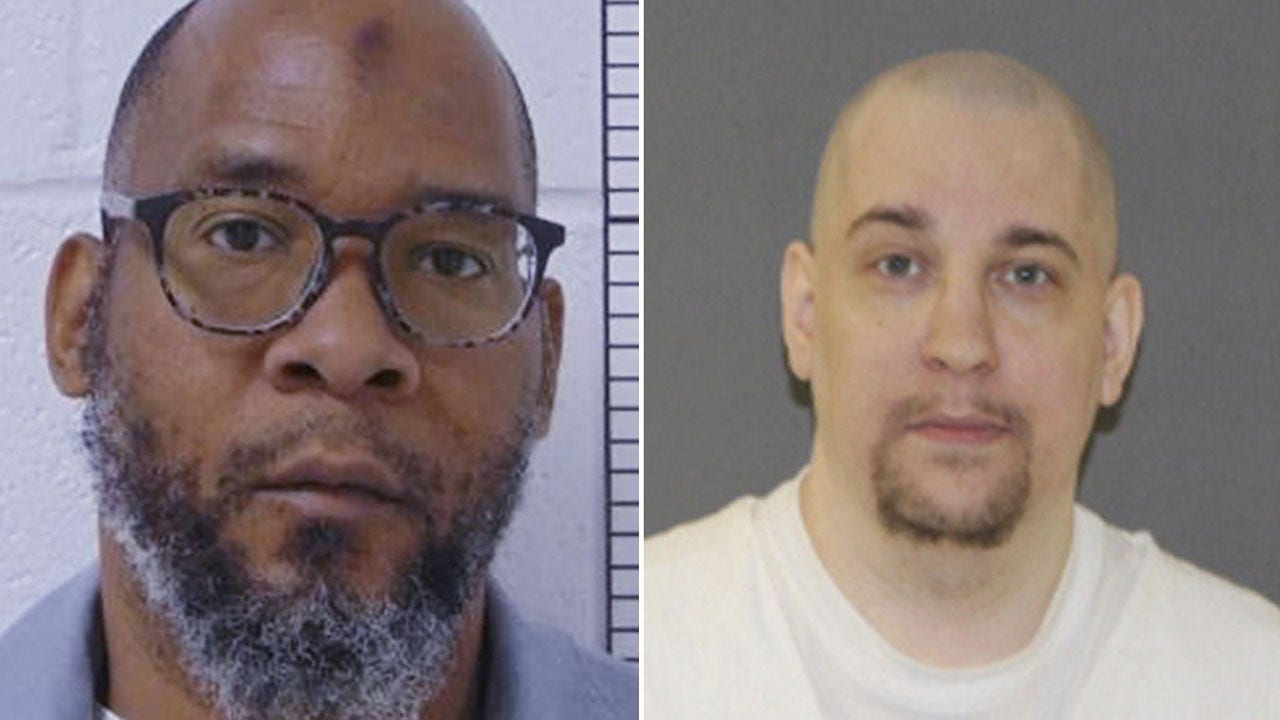Executions in Missouri and Texas: A Grim Series of Events
On a somber Tuesday, both Missouri and Texas carried out executions, marking a continuation of a series that began the previous week. This wave of capital punishment has reignited discussions about the death penalty in the United States, particularly in light of the complex legal and ethical issues surrounding these cases.
Marcellus Williams: A Controversial Execution in Missouri
In Missouri, Marcellus Williams, 55, was executed by lethal injection for the brutal murder of Lisha Gayle in 1998. Gayle, a 42-year-old social worker and former newspaper reporter, was stabbed over 40 times in her St. Louis home during a burglary. The crime was particularly heinous, with prosecutors detailing how Williams allegedly broke into Gayle’s home, armed himself with a butcher knife, and attacked her as she came downstairs from the shower.
Williams’ execution was fraught with controversy. His attorney argued for a stay, citing procedural errors during jury selection and the prosecution’s mishandling of evidence, specifically the murder weapon. Despite these claims and a push from St. Louis County Prosecuting Attorney Wesley Bell to reconsider Williams’ sentence due to doubts about his guilt, the U.S. Supreme Court denied his request for intervention. This decision came after a previous agreement between Gayle’s family and Williams’ attorneys to commute his sentence to life in prison was nullified by the Missouri Supreme Court, following an appeal from the state Attorney General’s office.
The Case of Travis Mullis in Texas
Meanwhile, in Texas, Travis Mullis, 38, was executed for the horrific murder of his 3-month-old son, Alijah. Prosecutors described a chilling sequence of events that unfolded in January 2008, when Mullis, then 21, allegedly assaulted his son after a fight with his girlfriend. In a fit of rage, he reportedly strangled the infant and then stomped on his head, leaving the child’s body on the side of the road. Mullis fled Texas but later surrendered to authorities in Philadelphia.
Mullis’ defense team highlighted his long history of mental illness, claiming he had been treated for severe bipolar disorder since childhood and had suffered sexual abuse. Despite these claims, the U.S. Supreme Court has not prohibited the death penalty for individuals with serious mental health issues, only for those deemed intellectually disabled. Mullis’ attorney indicated that no further appeals would be filed prior to the execution, underscoring the finality of the death penalty in his case.
The Broader Context of Executions
The executions of Williams and Mullis are part of a larger trend, with more executions scheduled in states like Oklahoma and Alabama. South Carolina recently resumed executions after a 13-year hiatus, highlighting the ongoing and contentious nature of capital punishment in the U.S.
As states grapple with the complexities of the death penalty, including questions of guilt, mental health, and procedural fairness, the stories of individuals like Marcellus Williams and Travis Mullis serve as stark reminders of the human lives involved in these legal battles. The emotional weight of these cases resonates not only with the victims’ families but also with advocates on both sides of the death penalty debate, raising critical questions about justice, morality, and the efficacy of capital punishment as a deterrent to crime.
The ongoing series of executions in Missouri, Texas, and beyond continues to stir public discourse, reflecting deep societal divides over the use of the death penalty in America.
